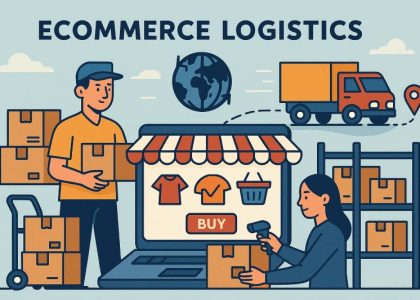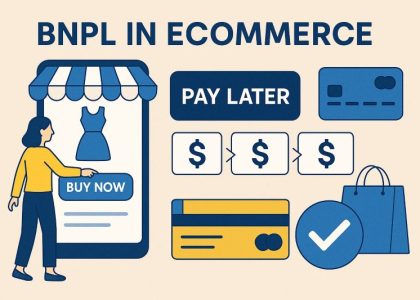In 2025, the e-commerce landscape continues to expand rapidly, but with this growth comes a maze of tax regulations that sellers can’t afford to ignore. If you’re an online entrepreneur, digital retailer, or marketplace seller, navigating tax laws has become as critical as your marketing strategy.
This blog breaks down how complex tax laws are impacting e-commerce, what you need to stay compliant, and how to avoid costly mistakes.
📦 Why Tax Compliance Matters More Than Ever
E-commerce isn’t limited by borders. You might sell from Pune and reach buyers in New York, Sydney, or Dubai. But every region has its own tax rules — sales tax, VAT, GST, import duties — and it’s your job to follow them.
Governments around the world have tightened regulations. They want their fair share of digital profits, and they’re using automated systems to catch non-compliant sellers.
🧾 Types of Taxes That Affect E-commerce Businesses
Understanding the kinds of taxes that apply is the first step toward compliance. Here are the most common ones:
1. Sales Tax
In countries like the U.S., each state can set its own tax rate. If you cross a sales threshold in a state, you’re legally required to collect and remit taxes.
2. GST (Goods and Services Tax)
In India and other GST-based countries, businesses must register once they cross the turnover limit. Selling on platforms like Amazon and Flipkart also mandates GST compliance.
3. VAT (Value Added Tax)
Used widely in Europe, VAT adds complexity when selling across borders. As of 2025, many countries require sellers to register even for low-value goods.
4. Digital Services Tax
If you sell digital products like eBooks, software, or online courses, you may fall under the digital services tax bracket.
5. Customs and Import Duties
When shipping globally, import taxes may apply to your customers, affecting their experience and your returns.
⚖️ Common Tax Challenges E-commerce Sellers Face
Tax laws aren’t just complex — they’re constantly changing. Here are the biggest challenges sellers report:
- Nexus Confusion: In the U.S., “nexus” determines your tax responsibility. A single warehouse or affiliate can create nexus in a state.
- Multiple Jurisdictions: Selling internationally? You may need to register in several countries.
- Automated Tax Calculation: Incorrect tax settings in platforms like Shopify or WooCommerce can result in penalties.
- Record Keeping: Inconsistent invoicing or poor bookkeeping can lead to audits and fines.
✅ How to Stay Tax Compliant in 2025
Here’s what smart sellers are doing to stay ahead of tax troubles:
1. Use Tax Automation Tools
Solutions like Avalara, TaxJar, and QuickBooks Tax integrate with e-commerce platforms and automate calculations, filings, and reports.
2. Register Where Needed
Don’t wait to get caught. If your sales cross local thresholds, register your business for tax collection in that region.
3. Hire an E-commerce Tax Consultant
Professional help is often worth the investment. A consultant understands jurisdiction-specific rules and helps you stay compliant.
4. Keep Clean Digital Records
Store all invoices, receipts, and transaction histories securely in cloud-based systems. Governments prefer digital audits in 2025, so be ready.
5. Stay Updated on Laws
Subscribe to legal and e-commerce newsletters. Laws change, and ignorance isn’t an excuse in the eyes of tax authorities.
💡 Real Example: Amazon Seller Tax Pitfall
An Amazon seller in India ignored GST for six months, thinking it only applied to large businesses. Once flagged by the platform, his account was suspended. He faced penalties and lost crucial momentum. The takeaway? Compliance isn’t optional, no matter your size.
🔄 The Future of E-commerce Taxation
By 2026, AI-driven tax monitoring tools are expected to become standard in many governments. Global tax harmonization efforts are also underway, meaning international sellers will face new reporting standards like e-invoicing, real-time remittance, and digital ID tracking.
Staying updated isn’t just smart — it’s survival.
🧠 Final Thoughts
E-commerce has opened doors like never before. But behind the convenience and global reach lie complex tax challenges that every seller must address. Whether you’re just starting or scaling your store, ignoring taxes can break your business. Equip yourself with the right tools, stay informed, and treat compliance as part of your strategy — not an afterthought.





